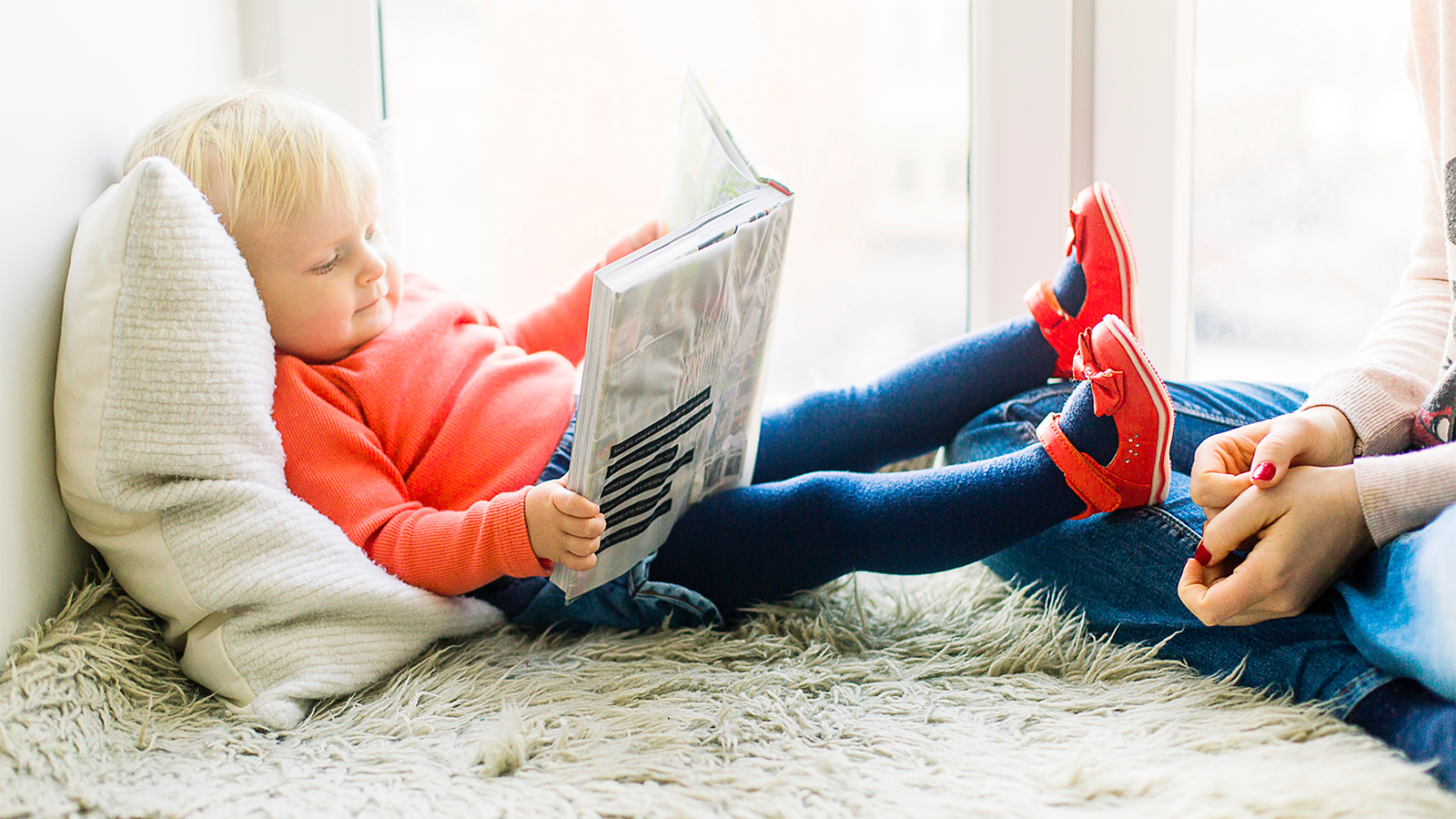Get Prepped for School, Part One: Reading
If you’re more nervous about your child starting school than they are, listen up. The first day of school marks a big transition and, let’s face it, we’ll take all the help we can get. With this in mind, we’re sharing this blog series – in collaboration with the team at Gateway Therapies – ‘Get Prepped for School’.
In our first part, we’re chatting about how to develop vital reading skills so that your child is as confident as they can be come school time.
“You’re never too old, too wacky, too wild, to pick up a book and read to a child.”
- Dr Seuss
How often do you read with your children? As parents, we’ve always been told how important it is to read books with our kids on a regular basis – it’s said to stimulate their imaginations, provide foundational literacy and language skills and be good for their general brain function and development.
Claire, a Speech and Language Pathologist at Gateway Therapies, says that the pre-prep years are crucial for learning.
“Everything that they learn in these early years will have an impact on their lives,” Claire says. “For speech and language, I would recommend reading with your child as often as you can. It’s great to make this a routine by reading with them every night.”
But, as it turns out, it’s just as much about quality as it is about quantity when it comes to reading with your children. While there isn’t a set number of recommended reading sessions you should do with your children every week, there are things you can do during those sessions that will help them get more out them.
Claire explains that interaction is key when it comes to reading with your children, and turning reading into a fun activity that your child looks forward to will make them more engaged. Claire recommends the use of picture books to maximise the fun and, in turn, their motivation to sit down with you and a book.
“It’s all about making it an enjoyable experience, so talk about the characters and look at the pictures in the story,” says Claire. “It’s also great for kids to be able to see their parent’s face when they read the book, as this allows them to tune into eye contact, facial expressions and practice social skills. Book reading is a great bonding experience, as well as a valuable learning activity.”
Another tip that Claire suggests is to have your child trace their finger along the words as they or you read them – even if your child can’t read yet, this activity will help them develop ‘print awareness’, the understanding that there are shapes and letters that stand for certain words. This exposure to print will provide the foundation for so many of the activities the undertake at school – from reading the board, to writing stories and even doing maths.
“It sounds simple, but reading introduces to your child to what books are and how they work,” says Claire. “It’s important for a child to understand how to use a book, so teach them about turning pages and reading from left to right.”
One of the most important things during a reading session is to keep your child engaged – don’t feel silly putting on funny voices, doing actions or having the child repeat words along with you for extra involvement.
And, if they want to stop and talk about something, let them, and then carry on with the story.
“It’s normal to feel like you have to finish a book from start to finish, but it’s okay to stop when your child has had enough!” says Claire.


